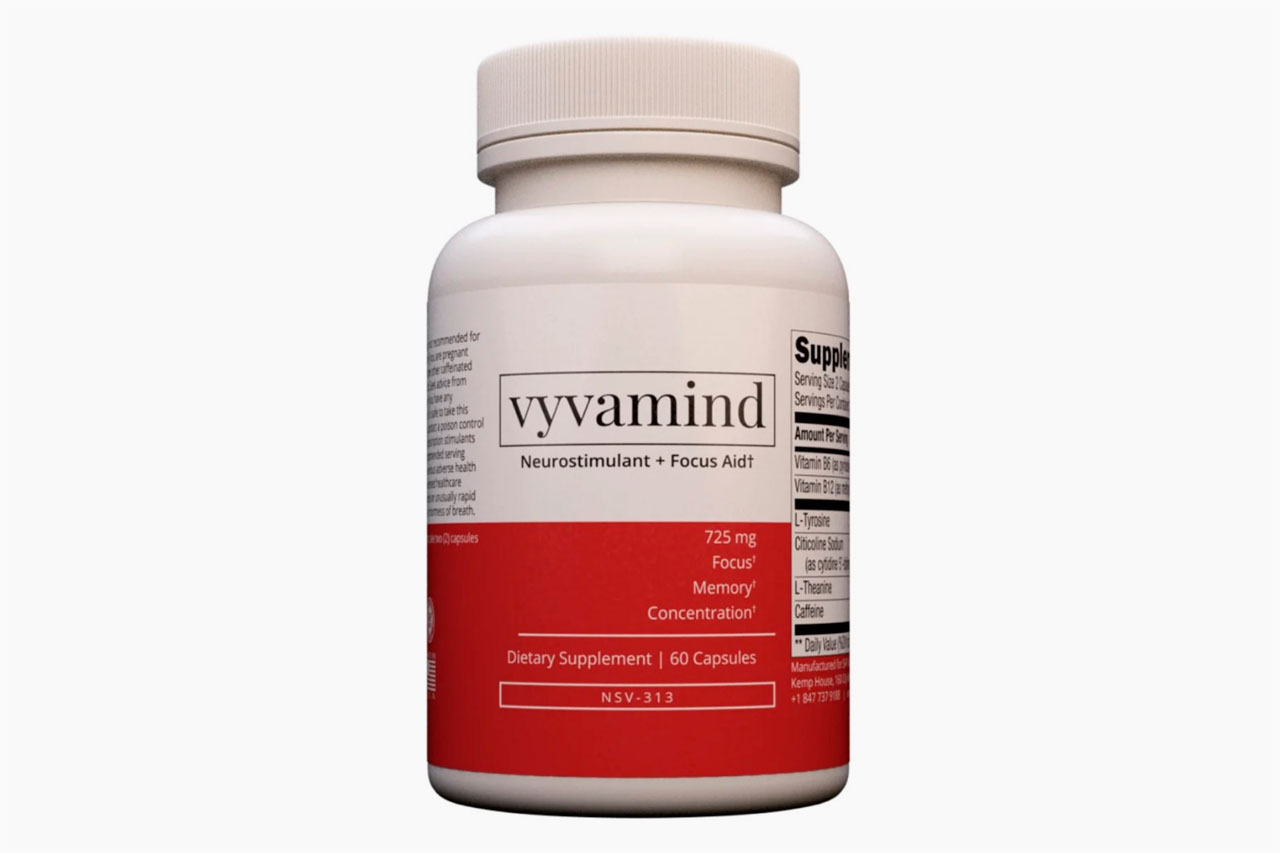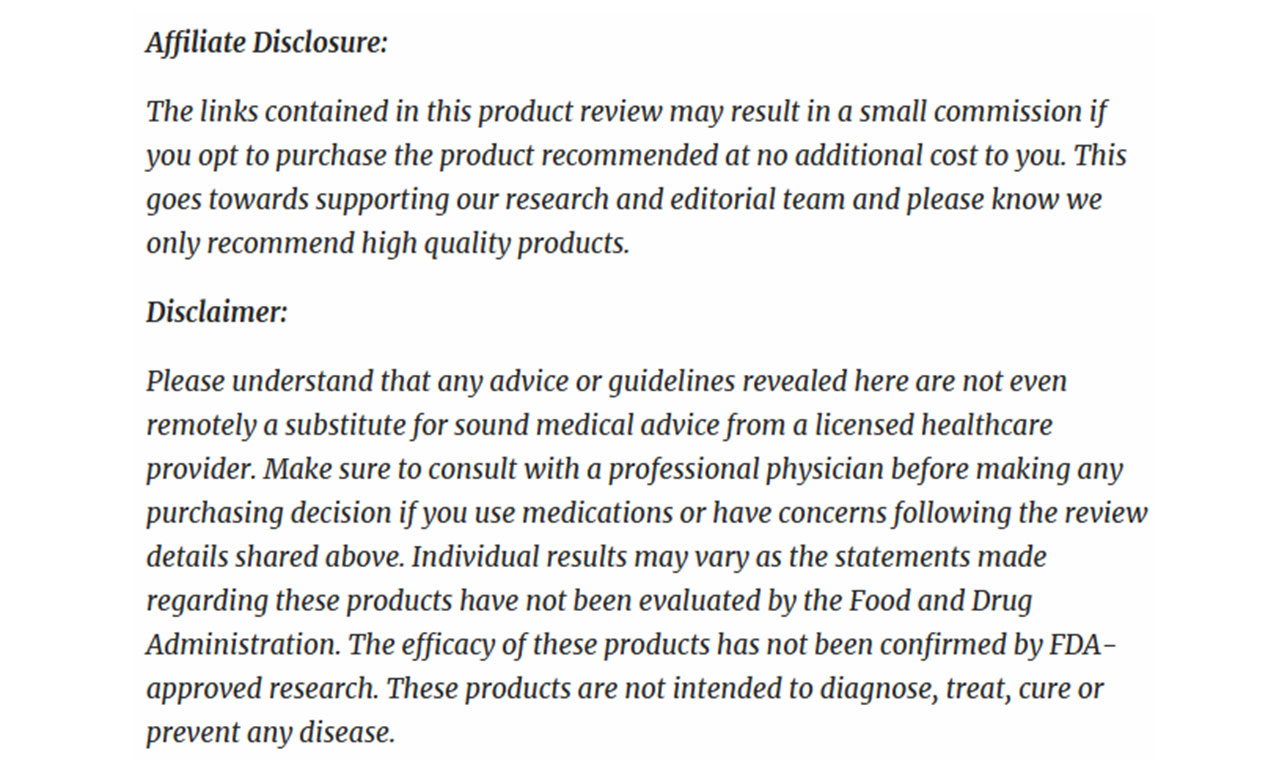Adderall, a prescription medication that combines amphetamine and dextroamphetamine, is primarily used to treat Attention Deficit Hyperactivity Disorder (ADHD) and narcolepsy.
Its effectiveness for improving focus, attention, and control over behavioral issues has made it an important tool in managing these conditions.
In the United States, the drug is classified as a Schedule II controlled substance due to its potential for abuse and dependency, which necessitates strict regulations on its prescription and dispensation.
However, its classification also highlights the drug's potential for misuse, evidenced by its popularity on college campuses and various high-pressure environments where cognitive enhancement is highly valued.
Despite this trend, obtaining and using Adderall without a prescription is illegal and poses various health risks.
Law enforcement and medical professionals continue to address the ethical and legal challenges surrounding the non-medical use of Adderall.
Amidst these dual narratives of clinical efficacy and potential for misuse, conversations around Adderall reflect broader questions about medication regulation, the ethics of cognitive enhancement, and the balance between individual well-being and public health.
As such, legal Adderall use in the United States remains a complex issue requiring careful consideration by individuals, professionals, and policymakers alike.
Understanding Adderall and Its Legal Status in the USA
Adderall, a prescription medication, is typically used to treat attention deficit hyperactivity disorder (ADHD) and narcolepsy. It combines amphetamine and dextroamphetamine, which are central nervous system stimulants that affect chemicals in the brain and nerves contributing to impulse control and hyperactivity.
In the United States, Adderall is classified as a Schedule II controlled substance under the Controlled Substances Act. Schedule II drugs have a high potential for abuse, leading to severe psychological or physical dependence. Consequently, the dispensing and usage of Adderall are strictly regulated by the Drug Enforcement Administration (DEA).
Prescription Requirements:
To access Adderall, one must have a prescription from a licensed healthcare provider.
Prescriptions are limited to a 30-day supply, with no refills allowed on the original prescription. Instead, patients must obtain a new prescription each time they need an additional supply.
Penalties for Illegal Use:
The illegal possession, distribution, or production of Adderall carries serious legal consequences. Illicit use of Adderall for non-medical reasons is considered drug abuse.
Regulatory Bodies:
The DEA, alongside the Food and Drug Administration (FDA), oversees the regulation of Adderall's production, marketing, and prescription to ensure it's used safely and effectively.
Given its potential for abuse, education and prevention efforts are crucial. Understanding the contours of
Adderall®: Understanding and Preventing its Abuse Amongst College-aged Students is vital for mitigating risks associated with non-prescribed use.
Prescription Requirements for Adderall
Adderall, a CNS stimulant, is classified as a Schedule II controlled substance in the United States. It is legally available only by prescription due to its potential for dependence and abuse.
Health care professionals typically prescribe Adderall for the management of ADHD (attention deficit hyperactivity disorder) and narcolepsy.
To acquire a prescription for Adderall, a patient must undergo a thorough evaluation.
Diagnosis of ADHD or narcolepsy is confirmed through clinical assessments, which may include:
- Behavioral evaluations
- Psychological tests
- Sleep studies (for narcolepsy)
Upon diagnosis, the following prescription requirements are adhered to:
Written Prescription: The prescription must be on a written form and signed by a licensed practitioner.
No Refills: Adderall prescriptions cannot include refills; a new prescription is required for each supply.
Verification: Pharmacies must verify the authenticity of the prescription and the licensing of the prescribing professional.
Due to the nature of controlled substances, Adderall prescriptions are also subject to federal and state
regulations. These rules are in place to curtail non-medical use and distribution.
It is imperative for patients to store Adderall properly and use it strictly as directed by their physician. Any misuse or diversion of Adderall is subject to criminal charges due to the controlled status of the medication.
Legal OTC Supplement Options for Focus and Energy


If you're seeking a natural cognitive enhancer, high strength supplements like
Vyvamind might be on your radar. We will study this product and make some comparisons to adderall. This nootropic supplement is formulated to enhance focus, boost brain power, and improve cognitive function. In this review, we delve into its ingredients, benefits, where to purchase it, and how it stacks up against Adderall.
Vyvamind Ingredients
Vyvamind boasts a blend of natural ingredients carefully selected to optimize cognitive function and has been used as an an aid during the adderall shortage:
- Vitamin B6 (as Pyridoxine HCl): Crucial for neurotransmitter production, influencing cognitive function, mood, and memory.
- Vitamin B12 (as Methylcobalamin): Vital for red blood cell production, ensuring adequate oxygen supply to the brain, essential for cognitive function and memory.
- L-Tyrosine (4-hydroxyphenylalanine): Acts as a precursor to neurotransmitters like dopamine, norepinephrine, and epinephrine, pivotal for mood, motivation, and focus.
- Citicoline (cytidine diphosphate-choline (CDP-Choline)): Essential for phosphatidylcholine production, a key component of cell membranes, also involved in acetylcholine production, crucial for memory and learning.
- L-Theanine (L-y-glutamylethylamide): Known for its calming effects, derived from green tea, reduces stress and anxiety while enhancing focus and attention.
- Caffeine Anhydrous (1,3,7-trimethylxanthine): Potent stimulant increasing alertness, focus, and energy levels.
Vyvamind Benefits
This natural nootropic offers numerous benefits to enhance cognitive function and brain power:
- Improved Memory: Vyvamind's ingredients work synergistically to enhance memory and recall.
- Increased Focus: Enhances concentration and attention span, facilitating better focus for extended periods.
- Reduced Anxiety: The calming properties of L-Theanine help alleviate stress and anxiety, leading to improved cognitive function.
- Enhanced Brain Power: By boosting cognitive function, memory, and overall brain health, Vyvamind enhances mental acuity and performance.
For individuals seeking a natural cognitive boost, Vyvamind presents a compelling option with limited risks and promising benefits.
Where Can You Buy Vyvamind?
Vyvamind is readily available for purchase online through the
manufacturer's website and reputable online retailers like Amazon. Ensure to procure Vyvamind from authorized sources to guarantee authenticity and quality.
Vyvamind vs. Adderall
Vyvamind is often positioned as a natural alternative to Adderall, offering comparable cognitive benefits with fewer risks:
- Ingredients: Vyvamind harnesses natural ingredients, contrasting with Adderall's potent stimulants.
- Side Effects: While Adderall may induce side effects like increased heart rate and anxiety, Vyvamind is associated with fewer adverse effects.
- Legal Status: Adderall requires a prescription and is classified as a controlled substance, whereas Vyvamind is available over the counter as a dietary supplement.
- Effectiveness: Vyvamind delivers cognitive enhancements akin to Adderall without the risk of addiction or dependence.
The choice between Vyvamind and Adderall hinges on individual preferences and requirements, emphasizing the importance of consulting healthcare professionals before initiating supplementation.
Federal Regulations on Adderall Distribution

Adderall, a controlled substance containing amphetamine and dextroamphetamine, is regulated under the Controlled Substances Act (CSA) by the Drug Enforcement Administration (DEA). It is classified as a Schedule II drug, indicating a high potential for abuse and dependence, but with recognized medical use.
Prescription Requirements
Physicians must have a DEA registration number to prescribe Adderall.
Prescriptions must be written in ink or typed and signed by the prescribing physician.
Electronic prescribing is permissible if the system meets DEA requirements.
No refills are allowed; a new prescription is required for each fill.
Distribution and Dispensing Limits
Pharmacies must maintain strict inventory controls.
Distributors are subject to quotas on the amount they can supply.
Record-Keeping and Reporting
Detailed records of all transactions involving Adderall must be kept for two years.
Suspicious orders, such as those of unusual size or frequency, must be reported to the DEA.
Consequences of Non-Compliance
Violations of federal regulations can result in criminal charges, fines, or loss of license for medical professionals and establishments.
Security Measures
Adderall must be stored in a securely locked, substantially constructed cabinet.
Access to Adderall stocks should be limited to authorized personnel.
State-Specific Legislation on Adderall Use
In the United States, Adderall, a combination of amphetamine and dextroamphetamine, is classified as a Schedule II controlled substance. This classification indicates a high potential for abuse, with use potentially leading to severe psychological or physical dependence. Consequently, state-specific legislation is pivotal for managing its prescription and distribution.
Prescribing Practices:
In general, state laws require that prescriptions for controlled substances like Adderall be issued by a licensed practitioner.
Some states have implemented Prescription Drug Monitoring Programs (PDMPs) to track prescriptions and dispensing of controlled substances to mitigate abuse.
Legal Restrictions:
State laws often limit the quantity of Adderall that can be dispensed at one time.
Refill regulations vary, with many states prohibiting refills of Schedule II medications, or allowing refills only under certain conditions.
Policy Variations:
States may differ in their approach to regulating telemedicine prescriptions for controlled substances.
In certain states, legislative measures have led to more stringent guidelines that may include additional state-specific forms and checkup requirements.
In light of concerns about over-prescription, some states have enacted regulations targeting the distribution chain. Measures such as these are part of efforts to ensure responsible prescribing practices and to combat potential misuse.
For detailed information on state policies about ADHD stimulant medication, please refer to "
A Tough Pill to Swallow: Analysis and Policy Considerations" which outlines the legal environment surrounding these medications. Additional research on prescription trends can be discovered in the report on "
Regional disparities in prescription methamphetamine and amphetamine distribution" offering insight into how these drugs are dispensed across different regions.
Legitimate Medical Uses of Adderall
Adderall is a prescription medication that is primarily used to treat attention deficit hyperactivity disorder (ADHD) in both children and adults.
By increasing the levels of certain neurotransmitters in the brain, Adderall helps improve concentration, focus, and control over impulses.
Indications for Use:
ADHD: Adderall is effective in managing symptoms of inattention, hyperactivity, and impulsiveness.
Narcolepsy: This medication is also prescribed to treat narcolepsy, a sleep disorder that causes excessive daytime sleepiness and sudden sleep attacks.
The efficacy of Adderall for ADHD treatment is well-documented, with many patients experiencing a significant decrease in symptoms. In
clinical studies, the benefits for those with a legitimate medical need for Adderall have been emphasized.
Adderall Formulation:
Immediate-Release (IR): Typically taken multiple times a day.
Extended-Release (XR): Designed for once-daily dosing to provide symptom control throughout the day.
Prescription guidelines are strict due to Adderall’s classification as a Schedule II controlled substance, which reflects its high potential for abuse and dependence. Therefore, it is crucial for use to be monitored by healthcare professionals to avoid misuse and to ensure it is used correctly by those with a legitimate medical need. The use of Adderall outside of its intended medical purposes, such as for cognitive enhancement in healthy individuals, is not approved and poses health risks.
Procedures for Obtaining a Legal Adderall Prescription

The process of legally obtaining a prescription for Adderall in the United States involves a series of important steps. These are critical to ensure that the medication is used safely and responsibly under medical supervision.
Consultation with a Healthcare Provider
A patient must first schedule a consultation with a healthcare provider, which can be a physician or a psychiatrist, who is licensed to prescribe medications.
During the visit, the healthcare provider will assess the patient's health history, and current symptoms to determine whether Adderall might be an appropriate treatment option.
Diagnosis and Treatment Planning
If the healthcare provider concludes that the patient may have a condition such as ADHD, which Adderall is commonly prescribed to treat, they will proceed with a diagnosis.
This may involve a series of psychological tests and assessments.
After diagnosis, the provider will develop a treatment plan that may include Adderall, alongside other possible treatments such as behavioral therapy.
Prescription Monitoring Programs
To prevent the misuse of Adderall, many states have implemented Prescription Monitoring Programs (PMPs).
These programs track controlled substance prescriptions, including Adderall.
Healthcare providers must check the PMP before prescribing Adderall to ensure there is no history of abuse or multiple active prescriptions for the patient.
Adderall and Online Pharmacies
With the convenience of online shopping, prescription medications like Adderall are also available through internet pharmacies.
It's critical to navigate these pharmacies with caution due to the presence of legal concerns and health risks.
Verification of Online Pharmacies
Legitimate Online Pharmacies often require a valid prescription from a healthcare provider and have a licensed pharmacist to answer questions.
Consumers should look for online pharmacies accredited by the
National Association of Boards of Pharmacy (NABP) with a VIPPS® (Verified Internet Pharmacy Practice Sites) seal.
These pharmacies comply with licensing and inspection requirements and protect patient privacy.
Risks of Ordering from Online Sources
Ordering Adderall from online sources can impose serious risks including receiving counterfeit or adulterated products.
Some online sellers bypass legal safeguards and may sell
Adderall without a prescription, which is illegal and dangerous.
Online purchases may also lead to receiving medications that are ineffective, dangerous, or not approved by the FDA.
Consumers are urged to exercise caution and only buy from reputable sources.
Insurance Coverage for Adderall Prescriptions
Insurance coverage for Adderall, a medication commonly prescribed to treat Attention-Deficit Hyperactivity Disorder (ADHD), can vary significantly across different health plans in the United States.
Adderall is classified as a Schedule II controlled substance due to its potential for abuse, and regulation is strict, but patients with a valid prescription may receive insurance benefits for their medication.
Types of Plans:
Employer-Sponsored Insurance: Often provides prescription drug coverage, which typically includes Adderall.
Medicare Part D: Seniors may receive coverage for Adderall under Medicare prescription drug plans.
Medicaid: Coverage for Adderall varies by state but may be available to eligible individuals.
Pre-Authorization Requirements:
Many insurance companies require pre-authorization for Adderall prescriptions. This means that a doctor must first justify the need for this specific medication for the insurance company to approve coverage.
Coverage Levels:
Generic vs. Brand Name: Insurance plans may prefer the generic form of Adderall due to cost differences, influencing co-pay amounts.
Dosage and Quantity Limits: Plans may impose limits on the number of pills per prescription fill.
Co-Pays and Deductibles:
Out-of-pocket costs for the insured, including co-pays and deductibles, are influenced by the specific terms of their insurance policy and the chosen pharmacy.
Appeal Process:
In cases where coverage is denied, patients have the right to appeal the insurance company's decision and provide additional documentation to support the medical necessity of Adderall.
Adderall Import and Export Laws
The United States regulates the importation and exportation of Adderall through a comprehensive legal framework due to its classification as a controlled substance. These regulations are designed to combat abuse and illegal distribution while ensuring the availability for legitimate medical use.
Import Regulations:
DEA Approval: Entities must obtain approval from the Drug Enforcement Administration (DEA) before importing Adderall.
FDA Compliance: The importer must ensure the medication complies with the Food and Drug Administration (FDA) standards.
Strict Documentation: Extensive documentation is required to account for the quantity and intended use.
Export Regulations:
License Requirement: Exporters must have a valid DEA license.
Declaration: A declaration to the DEA is mandatory, outlining the export quantity and destination.
International Law Adherence: Export must align with international treaties and the importing country's laws.
Regulatory Bodies:
DEA: Governs the combat against Adderall trafficking.
FDA: Ensures safety and efficacy of pharmaceuticals.
Consequences of Non-Compliance:
Non-compliance with these import and export laws can lead to severe legal punishments, including fines and imprisonment. Moreover, international relations may be affected adversely due to violations of drug control treaties.
Enforcement Against Illegal Adderall Sales
In the United States, Adderall is a controlled substance due to its potential for abuse and dependency.
Enforcement agencies such as the US Drug Enforcement Administration (DEA) actively monitor and curb the illegal sale of Adderall.
Entities found in violation of
US pharmacy laws and practice standards face significant legal repercussions.
These standards dictate that Adderall must be sold only by licensed pharmacies upon presentation of a valid prescription.
The DEA works alongside other federal and state agencies to issue warning letters to websites and establishments that are found to be
illegally selling Adderall.
Operations that fail to comply with the regulations can be shut down, and those involved may face prosecution.
There is a push towards identifying illegitimate online pharmacies that bypass these regulations, as these platforms are often implicated in the unauthorized distribution of Adderall.
Moreover, law enforcement officials sometimes engage in dialogue about Adderall sales within the context of "study drugs".
They aim to understand the motives and practices behind the
non-medical use of prescription stimulants like Adderall.
In certain areas of the United States, the recognition of social supply—the act of obtaining medication from acquaintances rather than dealers—is being scrutinized more closely by
law enforcement, drawing a distinction between this and more serious drug trafficking offenses.
Enforcement strategies include but are not limited to:
- Online Surveillance: Targeting unauthorized online sellers.
- Interagency Collaboration: Combining resources for a more effective crackdown.
- Public Awareness Campaigns: Educating about the dangers of illegal purchases.
- Penal Enforcement: Prosecution of illegal distributors to the full extent of the law.
Resources for Legal Adderall Information and Support
When seeking information and support for the legal use of Adderall in the United States, numerous reliable resources are available:
Government Agencies:
The
US Food and Drug Administration (FDA) provides comprehensive details on the regulation, approval, and safety of prescription medications, including Adderall.
The
US Drug Enforcement Administration (DEA) offers guidance on the legal status of controlled substances and the requirements for their lawful dispensing.
Medical Resources:
Individuals can consult with healthcare professionals for personalized advice regarding Adderall. These professionals include:
- Primary Care Physicians
- Psychiatrists
- Licensed Pharmacists
Educational Materials:
Academic articles, such as those found on
ScienceDirect, can provide scholarly insights on the characteristics and regulation of online pharmacies selling Adderall.
University research papers often
discuss the broader context of Adderall's uses, both medically approved and off-label.
Online Pharmacies:
Verifying the legitimacy of online pharmacies through the
National Association of Boards of Pharmacy (NABP) can help ensure Adderall is purchased legally and safely.
Frequently Asked Questions
This section provides essential information on the legal handling of Adderall within the United States, covering topics ranging from prescriptions to alternative treatments for ADHD.
What are the legal requirements for prescribing Adderall in the United States?
In the United States, Adderall is classified as a Schedule II controlled substance. This classification requires healthcare providers to follow strict guidelines, including a written or electronic prescription and verification of a legitimate medical need.
How can one manage the current Adderall shortage when seeking a prescription?
Patients may consult their healthcare provider about the
shortage and explore alternative pharmacies or dosage forms that might be available.
It's also advisable to check with the prescribing physician about therapeutic alternatives.
Are there any alternatives to Adderall for ADHD treatment that are legal in the USA?
Yes, there are alternatives to Adderall for treating ADHD, like
methylphenidate (e.g., Ritalin) or non-stimulant medications such as atomoxetine.
These options are legal when prescribed by a doctor.
What are the potential side effects of taking Adderall?
The potential side effects of taking Adderall include but are not limited to insomnia, decreased appetite, weight loss, headache, dry mouth, and increased heart rate.
It is critical for patients to discuss potential side effects with their healthcare provider.
How can patients find pharmacies that currently have Adderall in stock?
Patients are advised to contact local pharmacies directly to inquire about Adderall availability.
They may also use online tools and resources provided by pharmacy websites to check the
stock status of medications.
What is the process for getting an Adderall prescription through telehealth services?
Patients can obtain an Adderall prescription through telehealth services by having a virtual consultation with a licensed healthcare provider.
The provider will assess the patient's need for medication and may issue an electronic prescription if medically appropriate.
Discover Safe Adderall Alternatives - Click Here!


 If you're seeking a natural cognitive enhancer, high strength supplements like Vyvamind might be on your radar. We will study this product and make some comparisons to adderall. This nootropic supplement is formulated to enhance focus, boost brain power, and improve cognitive function. In this review, we delve into its ingredients, benefits, where to purchase it, and how it stacks up against Adderall.
If you're seeking a natural cognitive enhancer, high strength supplements like Vyvamind might be on your radar. We will study this product and make some comparisons to adderall. This nootropic supplement is formulated to enhance focus, boost brain power, and improve cognitive function. In this review, we delve into its ingredients, benefits, where to purchase it, and how it stacks up against Adderall.
 Adderall, a controlled substance containing amphetamine and dextroamphetamine, is regulated under the Controlled Substances Act (CSA) by the Drug Enforcement Administration (DEA). It is classified as a Schedule II drug, indicating a high potential for abuse and dependence, but with recognized medical use.
Adderall, a controlled substance containing amphetamine and dextroamphetamine, is regulated under the Controlled Substances Act (CSA) by the Drug Enforcement Administration (DEA). It is classified as a Schedule II drug, indicating a high potential for abuse and dependence, but with recognized medical use.
 The process of legally obtaining a prescription for Adderall in the United States involves a series of important steps. These are critical to ensure that the medication is used safely and responsibly under medical supervision.
The process of legally obtaining a prescription for Adderall in the United States involves a series of important steps. These are critical to ensure that the medication is used safely and responsibly under medical supervision.
